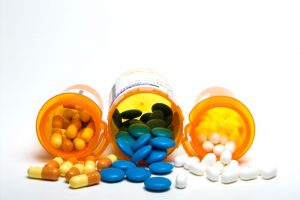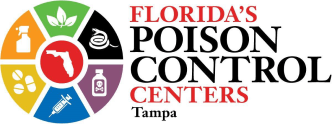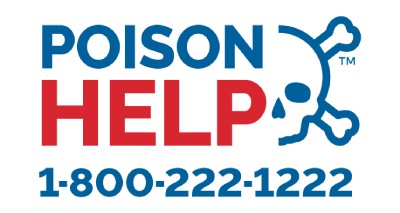Older Adults
Facts about Medication Poisonings in Older Adults
Adults over age 65:
- consume the majority of medications
- experience the majority of all reported reactions to drugs
- experience more hospital admissions due to medication-related problems than any other age group

Why are older adults at high risk for medication poisoning?
- 50% have no regular routine for taking their medications
- older adults take multiple medications with potential interactions
- older adults are more likely to have vision problems
- increased sensitivity to effects of drugs

Older adults with medications affect grandchildren:
- 65% of older adults choose non-child-resistant closures on medicine bottles
- up to 36% of poisonings in children take place in the grandparents’ home
- up to 20% of poisonings in children involve a grandparents’ medication.
How the Poison Center can help:
- toll-free hotline is available 24 hours a day, 7 days a week for emergencies or questions
- identification of unknown pills
- information about medication reactions
- information about over-the-counter or herbal diet supplements
- free brochures and phone stickers are available on topics such as poison-proofing the home, first aid, poisonous plants, poisonous critters and substances of abuse
- free educational programs to all age groups
How to prevent poisoning:
- be prepared for emergencies by posting a telephone sticker with the poison hotline number
- develop a system that shows if medications were taken on time
- medications kept in pill-minders should be locked up, away from children
- before taking dietary supplements or herbal products, consult a physician or pharmacist

